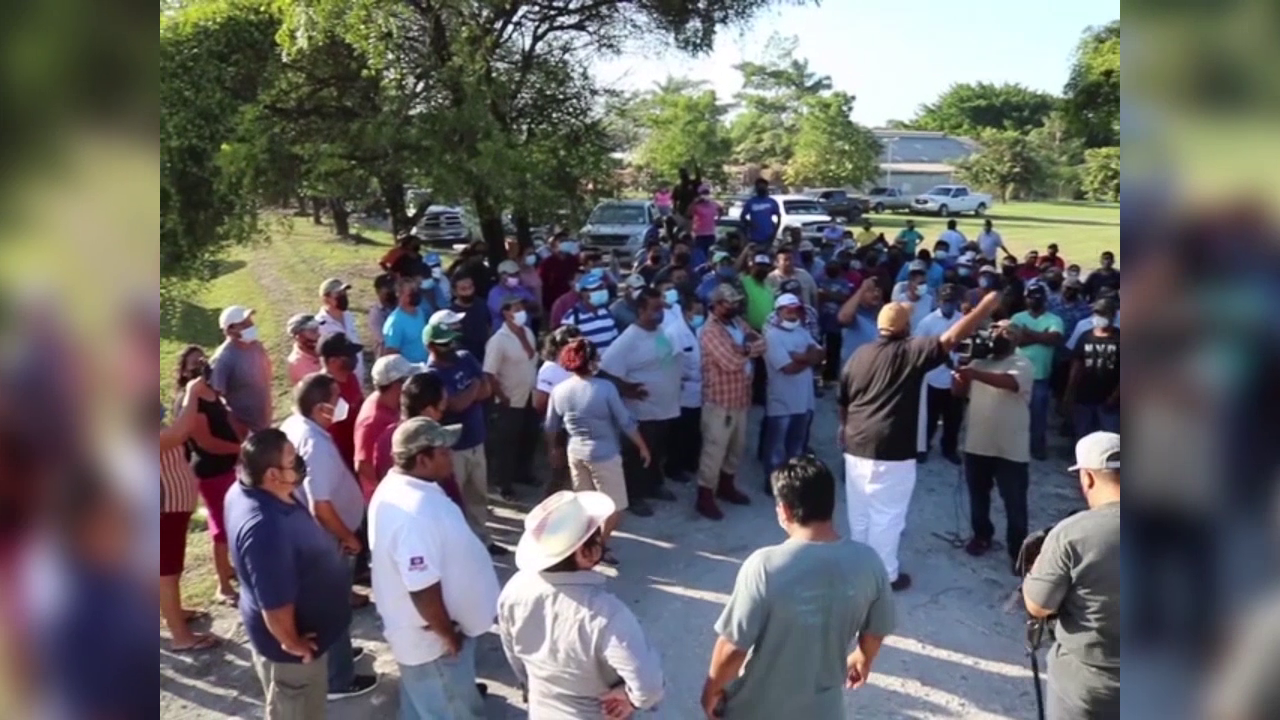Legal Blow Follows 2021 Standoff; Court Finds Cane Farmers Liable in Blockade Case
Back in December 2021, talks between the Belize Sugar Cane Farmers Association and BSI hit a wall. With no agreement in sight, the BSCFA warned they’d block the mill, and they followed through. Not only did they stop their own deliveries, but they also vowed to keep other farmers from delivering sugarcane as well. That move set off a major legal battle. The court found that the blockade wasn’t just a protest, it was a deliberate act that interfered with BSI and BELCOGEN’s right to do business. The farmers trespassed on private property, blocked access, and, according to the ruling, did it all with the intent of causing harm.

Hector Guerra
Hector Guerra, Attorney-at-law
“This case was grounded in the economic tort called unlawful interference with economic interest. This is the first time that a case like this has been fully litigated and upheld within a court in Belize. That underlying dispute had to do with a commercial agreement which at the time was ripe for renewal and the parties were actively engaged in renewing that commercial agreement. There were ongoing discussions, negotiations at the time and an impasse ensued, meaning that the parties could not come to an agreement in terms of what the material terms of that commercial agreement would have looked like. In leading up to the actual… blockade, the BSCFA had, in a meeting, declared to BSI that if they could not come to some agreement in terms of what the commercial agreement would look like, they would, in fact, block the mill and they also asserted that no other association, no other farmers would be allowed to deliver sugarcane to the mill. So that forms the backdrop, the factual basis upon which this claim was launched. The claim itself says that the BSCFA and the individual farmers who were named unlawfully interfered with BSI’s right to engage in trade. So, there are essentially four elements which had to be proven in court. The first is an interference with BSI’s and BELCOGEN’s right to engage in its business, in its trade. The second was that unlawful means were used. In this case, that unlawful means was a trespass on BSI’s property, on BSI’s compound which blocked the ability of farmers to deliver sugarcane. The third element which had to be proven was that it was intentional, in a sense that it was deliberately done in order to cause harm, to cause damage.”






Facebook Comments